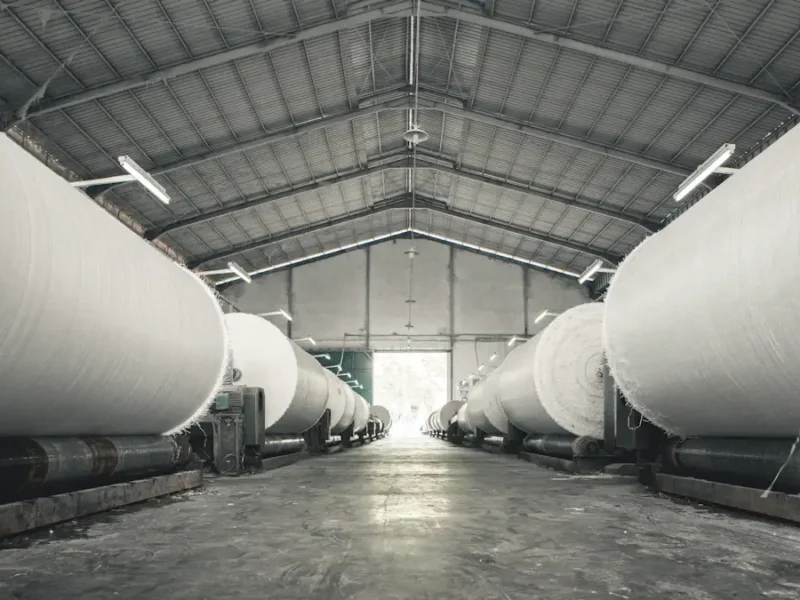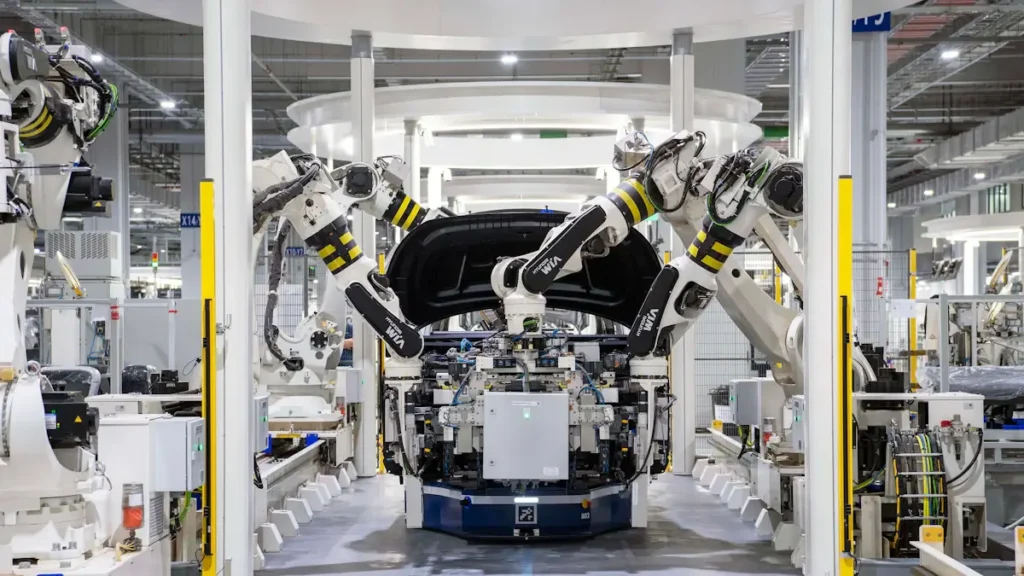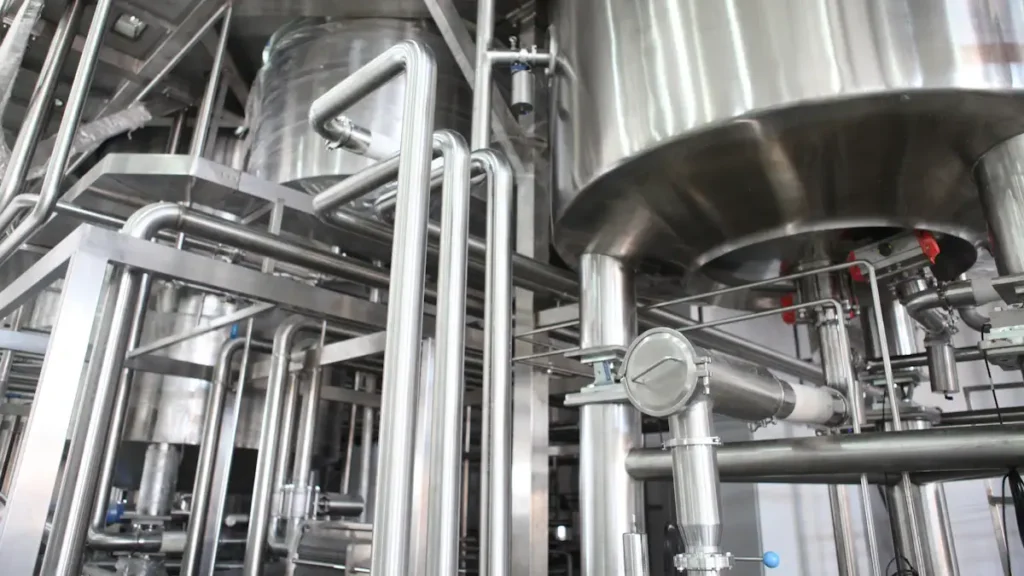
Ключевые выводы
- PEEK and PES are high-performance thermoplastics that offer exceptional biocompatibility, making them ideal for medical applications such as implants and surgical instruments.
- Both materials exhibit outstanding thermal stability and high-temperature resistance, ensuring they maintain their properties during sterilization processes.
- Investing in PEEK and PES can lead to long-term benefits, including enhanced durability and reduced maintenance costs, justifying their higher initial expense.
- PEEK’s ability to mimic the rigidity of cortical bone makes it particularly suitable for orthopedic and spinal implants, improving patient comfort and outcomes.
- The injection molding process for PEEK and PES requires precise temperature and pressure control to ensure high-quality, reliable medical components.
- PEEK and PES are FDA-approved materials, underscoring their safety and efficacy for use in various medical devices and applications.
- Utilizing PEEK and PES in medical devices not only enhances performance but also contributes to improved patient safety by minimizing the risk of immune responses.
Overview of PEEK and PES Plastics
Chemical Structure and General Properties
PEEK Properties
Polyetheretherketone (ПЭК) stands out as a high-performance thermoplastic known for its exceptional properties. This semi-crystalline material exhibits remarkable heat resistance, maintaining its strength even at elevated temperatures. PEEK’s chemical structure contributes to its excellent mechanical properties, making it suitable for demanding applications. Its high melting point and thermal stability ensure that it performs reliably in various environments. Кроме того, PEEK offers outstanding chemical compatibility, allowing it to withstand exposure to harsh substances without degrading. These attributes make PEEK an ideal choice for medical devices, where durability and reliability are paramount.PES Properties
Polyethersulfone (PES) is another high-performance thermoplastic that complements PEEK in high-temperature applications. PES is known for its exceptional durability and thermal stability. It maintains its mechanical properties under extreme conditions, making it suitable for applications requiring consistent performance. PES also offers excellent chemical resistance, ensuring that it remains stable when exposed to various chemicals. Its ability to withstand high temperatures without losing its structural integrity makes PES a valuable material in the medical field. The combination of these properties allows PES to meet the rigorous demands of medical-grade applications.Comparison with Other Plastics
Performance Metrics
When comparing PEEK and PES to other plastics, their superior performance metrics become evident. Both materials exhibit high heat tolerance, allowing them to function effectively in environments where other plastics might fail. ПЭК, in particular, maintains its stiffness and mechanical properties at high temperatures, making it suitable for continuous use in challenging conditions. PES also demonstrates impressive thermal stability, ensuring reliable performance in demanding applications. These characteristics set PEEK and PES apart from conventional plastics, which often lack the necessary resilience for high-temperature applications.Cost Considerations
While PEEK and PES offer exceptional performance, cost considerations play a crucial role in material selection. These high-performance thermoplastics tend to be more expensive than standard plastics due to their advanced properties and manufacturing processes. However, the investment in PEEK and PES can be justified by their long-term benefits, including enhanced durability and reduced maintenance costs. In medical applications, where safety and reliability are paramount, the cost of using PEEK and PES is often outweighed by the advantages they provide. Their ability to meet stringent healthcare standards and improve patient outcomes makes them a valuable choice despite the higher initial expense.Advantages of Using PEEK and PES in Medical Applications

Biocompatibility
Polyetheretherketone (ПЭК) и Polyethersulfone (PES) have gained recognition for their biocompatibility, making them ideal for medical applications. ПЭК, in particular, has undergone extensive research and clinical use, demonstrating its safety and versatility as a high-performance polymer. Its ability to integrate with human tissue without adverse reactions makes it a preferred choice for implants.FDA Approvals
The U.S. Food and Drug Administration (FDA) has approved PEEK for various medical applications, underscoring its safety and efficacy. These approvals reflect the material’s compliance with stringent regulatory standards, ensuring that it meets the necessary criteria for patient use. PES also holds FDA approvals for specific medical applications, further validating its suitability in the healthcare sector.Patient Safety
Patient safety remains a top priority in medical device manufacturing. PEEK and PES contribute to this by offering materials that do not provoke immune responses or cause toxicity. Their inert nature ensures that they remain stable within the body, reducing the risk of complications. This reliability enhances patient outcomes and supports the growing demand for Medical-Grade PEEK and PES Plastics High-Temperature Injection Molding.High-Temperature Resistance
PEEK and PES excel in high-temperature environments, maintaining their properties under extreme conditions. This characteristic is crucial for medical devices that undergo sterilization processes.Thermal Stability
ПЭК outperforms many other materials in terms of thermal stability. It retains its mechanical properties even at elevated temperatures, making it suitable for continuous use in challenging environments. PES also demonstrates impressive thermal stability, ensuring consistent performance in demanding applications.Sterilization Compatibility
Medical devices often require sterilization to ensure patient safety. PEEK and PES withstand common sterilization methods, including autoclaving, without degrading. This compatibility ensures that devices made from these materials remain effective and safe for repeated use.Mechanical Properties
The mechanical properties of PEEK and PES make them valuable in medical applications. Their strength and durability contribute to the longevity and reliability of medical devices.Strength and Durability
PEEK exhibits exceptional tensile strength and fatigue resistance, making it ideal for orthopedic and spinal implants. Its ability to withstand dynamic loads in simulated physiological conditions ensures that it performs reliably over time. PES also offers durability, maintaining its structural integrity under stress.Wear Resistance
Wear resistance is critical for medical devices that experience friction and movement. PEEK’s good wear and corrosion resistance make it suitable for applications where longevity is essential. PES complements this by providing additional wear resistance, ensuring that devices remain functional and effective throughout their lifespan.Injection Molding Process for PEEK and PES
The injection molding process for Medical-Grade PEEK and PES Plastics High-Temperature Injection Molding requires meticulous attention to detail. These materials demand specific guidelines to ensure optimal performance and quality in medical applications.Design Guidelines
Mold Design
Designing molds for PEEK and PES involves precision and expertise. Engineers must consider the thermal expansion properties of these materials. The mold design should accommodate the high temperatures required for processing. Cooling channels play a crucial role in maintaining uniform temperature distribution. This ensures that the molded parts achieve the desired dimensional accuracy and surface finish.Part Design
Part design for PEEK and PES must account for their unique properties. Designers should focus on minimizing stress concentrations to enhance the durability of the final product. Wall thickness should remain consistent to prevent warping during cooling. Incorporating draft angles facilitates easy ejection from the mold, reducing the risk of damage to the part.Processing Characteristics
Контроль температуры
Temperature control is vital in the injection molding of PEEK and PES. These materials require high processing temperatures, typically ranging from 350°C to 400°C. Precise temperature management ensures that the polymers melt uniformly, preventing defects such as voids or incomplete filling. Advanced temperature control systems help maintain the stability of the process.Pressure Requirements
Injection pressure plays a significant role in molding PEEK and PES. High pressure is necessary to fill the mold cavity completely and achieve the desired part density. The pressure must be carefully regulated to avoid excessive stress on the mold and the material. Proper pressure settings contribute to the structural integrity and performance of the molded components.Challenges and Considerations
Material Handling
Handling PEEK and PES requires specialized equipment and procedures. These materials are sensitive to moisture, which can affect their properties. Proper drying techniques must be employed before processing to ensure optimal results. Кроме того, the equipment used should withstand the high temperatures and pressures involved in the molding process.Quality Assurance
Quality assurance is paramount in the production of medical-grade components. Rigorous testing and inspection protocols ensure that each part meets the stringent standards required for medical applications. Dimensional accuracy, surface finish, and mechanical properties must be verified to guarantee the safety and efficacy of the final product. The injection molding process for Medical-Grade PEEK and PES Plastics High-Temperature Injection Molding demands a comprehensive understanding of these materials’ characteristics. By adhering to precise design and processing guidelines, manufacturers can produce high-quality components that meet the rigorous demands of the medical industry.Applications in the Medical Field

Medical Devices
Surgical Instruments
ПЭК и PES have revolutionized the design and functionality of surgical instruments. Their high-performance characteristics, such as resistance to sterilization and biocompatibility, make them ideal for creating tools that require precision and durability. Surgeons rely on instruments made from these materials for their lightweight nature and ability to withstand repeated sterilization cycles without degradation. The chemical inertness of PEEK ensures that surgical instruments remain stable and effective, even in the most demanding environments.Implantable Devices
In the realm of implantable devices, ПЭК stands out due to its unique properties. Its biocompatibility and ability to integrate with human tissue make it a preferred choice for implants. PEEK’s flexural modulus closely mimics that of cortical bone, providing a natural feel and reducing stress shielding. This property is particularly beneficial in orthopedic and spinal implants, where long-term stability and patient comfort are paramount. The material’s radiolucency allows for clear imaging, aiding in post-operative assessments and monitoring.Components and Accessories
Diagnostic Equipment
ПЭК и PES play a crucial role in the development of diagnostic equipment. Their high-temperature resistance and chemical stability ensure that components remain reliable under various testing conditions. These materials contribute to the accuracy and longevity of diagnostic tools, which are essential for precise medical evaluations. The ability of PEEK to maintain its mechanical properties at elevated temperatures makes it suitable for use in equipment that requires consistent performance over time.Hospital Supplies
In hospital settings, the demand for durable and safe materials is ever-present. ПЭК и PES meet these requirements by offering exceptional wear resistance and chemical inertness. These properties make them suitable for a wide range of hospital supplies, from tubing and connectors to trays and containers. The materials’ resistance to harsh cleaning agents and sterilization processes ensures that hospital supplies remain hygienic and effective, supporting the overall safety and efficiency of healthcare operations. The integration of Medical-Grade PEEK and PES Plastics High-Temperature Injection Molding into medical applications underscores their importance in advancing healthcare technology. Their unique properties enhance the performance and safety of medical devices, contributing to improved patient outcomes and setting new standards in the industry.Часто задаваемые вопросы
Biocompatible PEEK medical grades include TECAPEEK MT. This grade ensures safety and compatibility with human tissue, making it suitable for various medical applications.
PEEK finds extensive use in dentistry. It serves in prosthesis, post and core, crown and bridge, orthodontic treatment, adhesion, restoration, and RPD framework. Dentists appreciate its versatility and durability.
Medical-grade PEEK exhibits several remarkable properties. It remains inert and biocompatible, ensuring safety within the human body. Кроме того, it is transparent to X-rays and resists degradation over long periods, making it ideal for medical implants.
PEEK finds applications across various industries, including aerospace, автомобильный, медицинский, электроника, and chemical processing. It offers advantages such as reduced weight, corrosion resistance, and design flexibility, often replacing metals in high-performance applications.
PEEK stands out as a promising biomaterial due to its inertness. This quality makes it safe and effective for numerous medical applications, enhancing its reputation as a reliable choice in the healthcare sector.
PEEK contributes to patient safety by offering materials that do not provoke immune responses or cause toxicity. Its inert nature ensures stability within the body, reducing the risk of complications and enhancing patient outcomes.
PEEK's high-temperature resistance makes it suitable for demanding applications. It maintains its mechanical properties even at elevated temperatures, ensuring reliability and performance in challenging environments.
PEEK and PES enhance surgical instruments by providing high-performance characteristics such as resistance to sterilization and biocompatibility. These materials ensure precision and durability, making them ideal for creating reliable surgical tools.

One thought